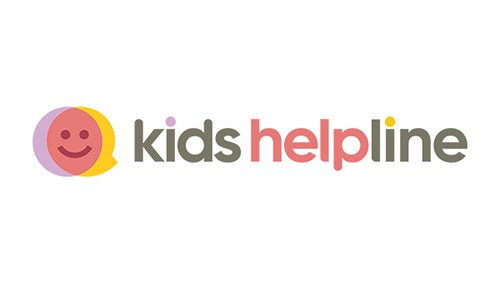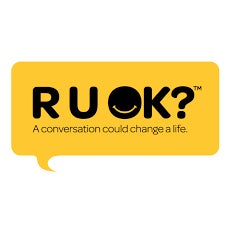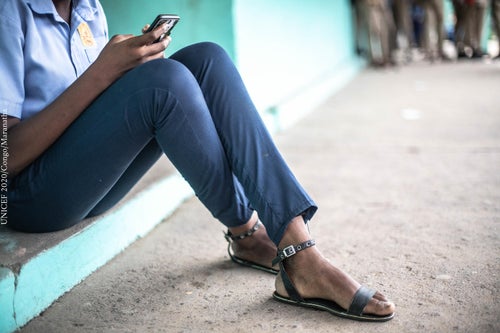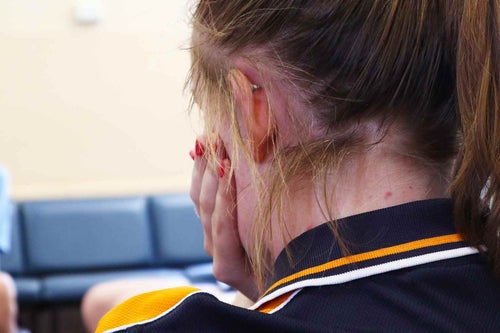A resource for parents and teachers about anxiety and young people
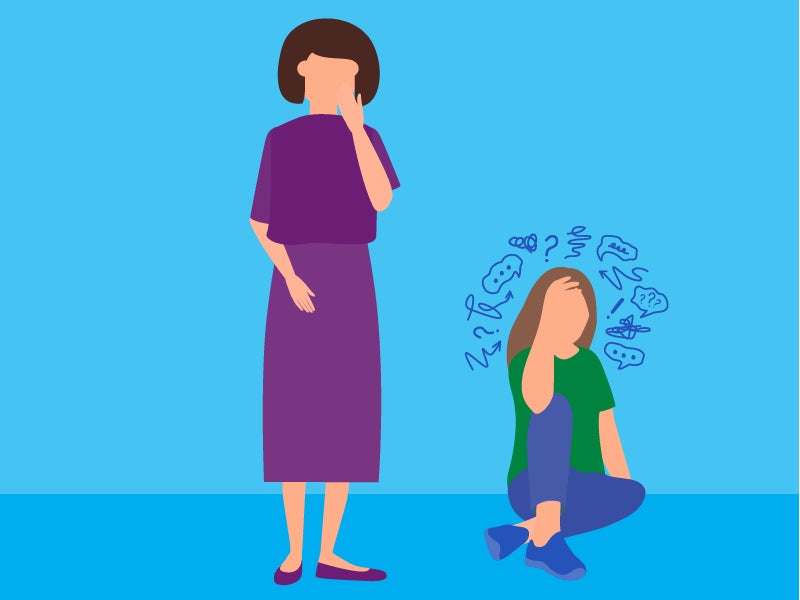
What is anxiety?
Everyone experiences anxiety on some level during their lifetime. In fact, it is a normal part of growing up and being human.
It's natural for children and young people to feel worried or anxious when faced with a new, challenging or stressful situation, like starting a new school, making new friends, giving a speech, or sitting exams. When these worries stick around and start consuming their everyday life, that's when we might be dealing with anxiety.
With the right kind of tools and support, we can help young people work through anxiety.
Symptoms of anxiety, what does anxiety look like?
Anxiety can present differently for everyone, sometimes triggered by a stressful event, and at other times, it comes on unexpectedly. Some common signs are:
- Shortness of breath, headaches or feeling faint, or a racing heart.
- Feeling fidgety, trembling or feeling weak in the legs.
- Feeling sick in your stomach – cramps or frequent visits to the bathroom.
- Having trouble sleeping or a reduced appetite.
- Dry mouth, excessive sweating or feeling hot.
- Struggling to focus on things.
- Feeling panicky, nervous or on edge.
- Feeling overwhelmed, a sense of dread, or out of control.
How you can support young people with anxiety
As a parent, teacher or carer, there are many things you can do to support the young people in your lives.
- Learn about anxiety and seek professional help when needed.
- Teach them that anxiety is our body’s way of protecting us from a perceived danger.
- Talk about the feelings they’re experiencing and reassure them that they’re safe.
- Do some investigation with them to find out what their triggers are.
- Avoid telling them to stop – they can’t control these feelings.
- When they are feeling less anxious, discuss strategies to cope with the feelings when they arise.
How to talk to young people about anxiety
When talking to young people about anxiety, choose a calm moment and ask open-ended questions like, how do you feel in your mind and body? And what things make you feel this way?
Be empathetic and respect their feelings, but don't reinforce their anxious feelings.
If you know what triggers their anxiety, talk through what would happen if their fear were to come true, and then flip it and talk through what if it all worked out.
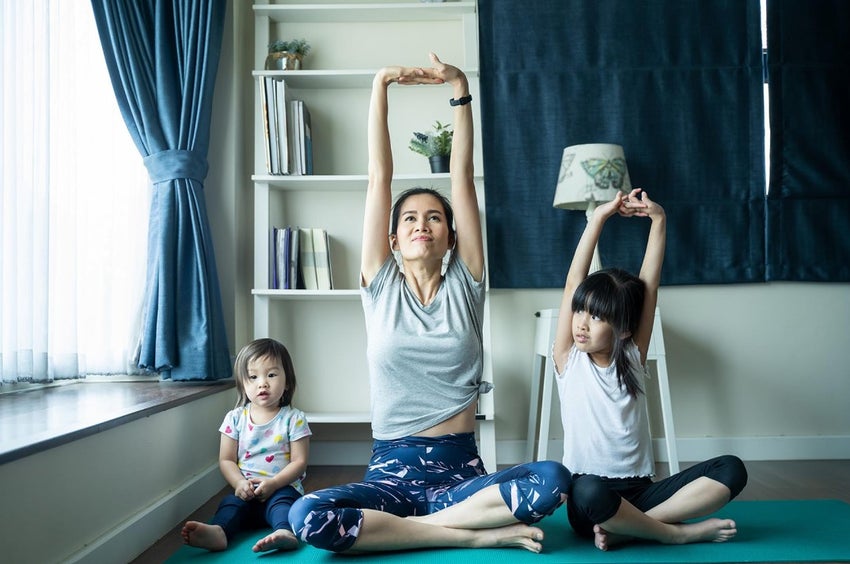
Parent wellbeing
Self-care is an essential part of parenting
Parenting is a rollercoaster of a ride – physically, emotionally and mentally – and as parents, we tend to prioritise our family's wellbeing before our own. For many, self-care and taking time to recharge our batteries feels indulgent, selfish or unnecessary when, in fact, the opposite is true.
When we meet our physical and mental needs, we are better positioned to support our young people, all with the added benefit of role modelling the importance of self-care.
Where to go to for more help
If your young person needs extra support, encourage them to speak to a health professional or reach out to any of the following organisations that can support you both.


